I just said “no” to one of you when you asked about having a friend over tonight to camp out in our backyard. I wish I could have said “yes”. That’s one of those fun childhood things that I want you to be able to do. Sometimes I push past what I think I can handle and say “yes” because the guilt of all the no’s weighs on me.
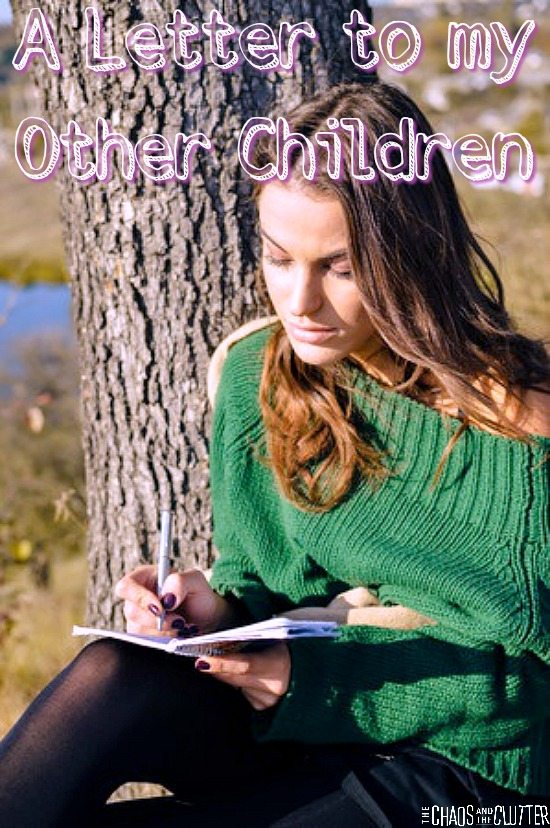 Image Copyright: gorosi / 123RF Stock Photo
Image Copyright: gorosi / 123RF Stock Photo
I want you to have as normal a childhood as possible. I want you to giggle and be carefree, but a carefree childhood is not something I can provide you with. I look at you and I wonder if we did the right thing when we added two more children to our family who had experienced trauma. That trauma now plays itself out in our kitchen and our dining room and our van and our yard. It ebbs and it flows, but it is always simmering underneath the surface, ready to explode. We are all always on edge.
Sometimes that trauma plays itself out in front of your friends and you get embarrassed. Sometimes you stop inviting other kids over because of what they might see or hear. That makes me so sad. I want you to have deep friendships and I want our house to be the place you can hang out. I wanted to be the mom who got to know all of your friends but most days, I feel like all I can give is to my own kids and there is nothing left for anyone else.
Sometimes I wonder if I ruined things for you because the version of me you get now is so different than the version of me you got before. It seems that everything in our life and our family is divided into ‘before’ and ‘after’.
The version of me you get now is almost always tired and weary and a bit beaten down. I want to say “yes” to the playdates and field trips, but I’m just so exhausted. I want to be able to plan fun outings and fun activities, but I now live in a world where everywhere I step is a minefield and I cannot predict what days will be “safe” and what days won’t be.
I want to be that mom who stayed up late decorating the birthday cakes and sat down on the floor with you playing or laughing or dreaming, but that mom is gone now and I don’t know how to get her back.
I’m sorry that sometimes the trauma gets the best of me too and I snap at you or yell at you or don’t have patience with you. I’m sorry that I don’t let you stay up late with me anymore to have pyjama parties or bake. At the end of each day, this thing we are in has taken so much out of me that I just have to turn off being a parent and have some time to myself. And I have to protect that time as if my life depends on it because it feels like it does. My sanity does anyway.
I’m sorry that you are not allowed to whistle anymore. Whistling should be fun, but it now triggers my own PTSD and so you have to miss out on whistling too.
I never wanted to put you in a position of having to hear the things you do or of jumping in to try to defend your mom and then getting in trouble because that’s not your job. I know it’s hard for you to hear and see the things you do and not say anything. I love that you want to protect me. I love that you care. But you have to let me be the parent and let yourself be the sibling.
When I see you with your earbuds in and your music turned up to drown it out, a part of me cries for your reality. I know that it is not just me who is living this. It is you too.
I wish that I could take this from you, that I could snap my fingers or pray hard enough and there would be instant healing for your brother and sister, but I can’t fix this. As a parent, you want to protect your children, to fix the hard things in their life. Not only can I not fix this for you, in a way, I’m the one who brought it into your life. The guilt of that weighs on me too.
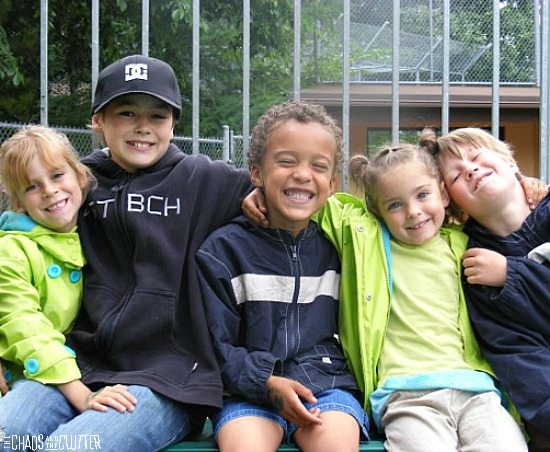
You sometimes say that I don’t know what it’s like to be you and that I don’t know how hard it is, but precious one, I do. I do. I shield you as much as I can from the worst of it, but I know that it’s hard. That’s why I try to make sure that you have some breaks from it and some times of getting to just be a kid.
Being the sibling of someone with special needs is not an easy role, but it is one that I have watched you grow into. I see that now you have more compassion with others, more patience, more resilience, more perseverance. My pride spills to overflowing when I watch you with younger children or watch you handle some of the situations you confront with grace that people twice your age would struggle with. I see how God is working these challenges to mould you and give you a heart for those who are hurting. I watch in awe as you reach out to help others and it is in those moments that I know…
Bringing these siblings into our home didn’t ruin you, it shaped you. You have seen that people that are the hardest to love are the ones who need the love most. You have reached out in love again and again even after being rejected. You have learned to stand up for others and for what is right. You are an excellent friend because you are an encourager and a listener and a giver.
You have had the privilege of being a first-hand witness to some of the tiny miracles that have happened over the years and I pray that you never forget that miracles are possible. You have seen the depth of love parents have for their children as you have seen your dad and I advocate for you and your brother and sister and never give up on them. You have seen the goodness of others as our friends and family have lifted us up during our hardest times. I hope you come to learn that often the hardest things in life are also the most worthwhile.
I love you like crazy muffins and I am so thankful for each one of you!
~Love, mom
Join me for a free 5 part email series, Little Hearts, Big Worries offering resources and hope to parents.
You may also want to read:
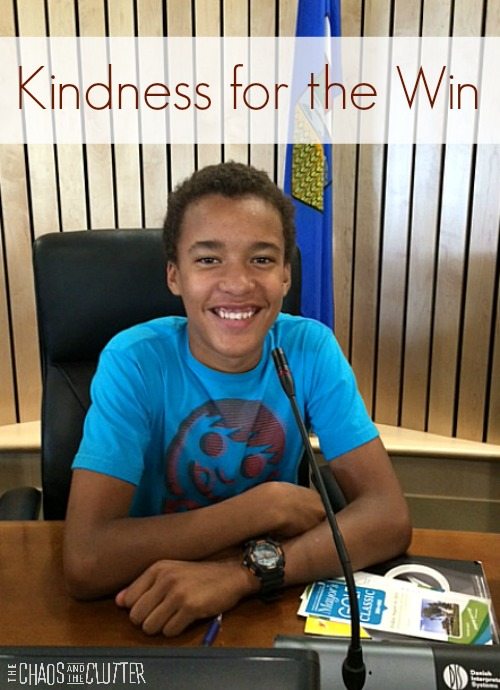 Mothers and fathers responded by saying that what happened inspired them to have an honest discussion with their kids about racism. For many, it was the first time they had spoken about this topic to their kids. Some of them read what I wrote to their kids directly and talked about how racism is never okay and even addressed what to do if you see it happening to someone. That meant so much to us.
Mothers and fathers responded by saying that what happened inspired them to have an honest discussion with their kids about racism. For many, it was the first time they had spoken about this topic to their kids. Some of them read what I wrote to their kids directly and talked about how racism is never okay and even addressed what to do if you see it happening to someone. That meant so much to us.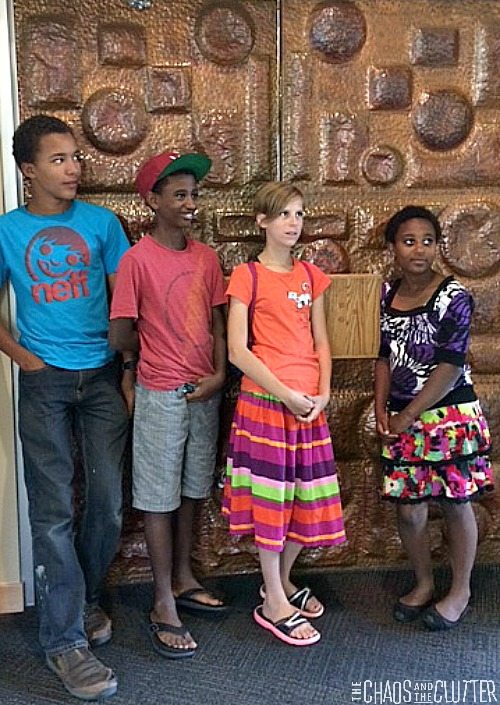 I would like to say “thank you” to all those who have reached out to show my son that people care. Your words whether through private messages or public comments or emails or phone calls mean a lot to us.
I would like to say “thank you” to all those who have reached out to show my son that people care. Your words whether through private messages or public comments or emails or phone calls mean a lot to us.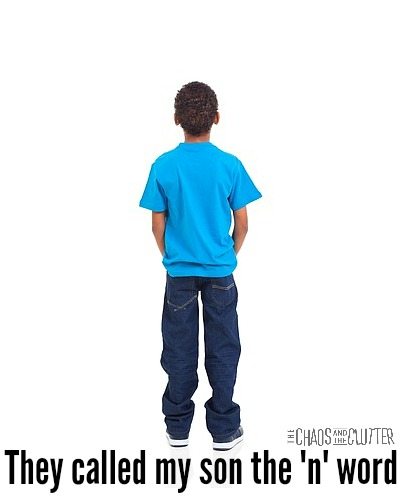 It’s usually pretty empty midweek but today when he arrived, there were four teen boys there, older than he is. They were fighting among themselves and he heard them saying the ‘f’ word to each other, so he knew enough to steer clear.
It’s usually pretty empty midweek but today when he arrived, there were four teen boys there, older than he is. They were fighting among themselves and he heard them saying the ‘f’ word to each other, so he knew enough to steer clear.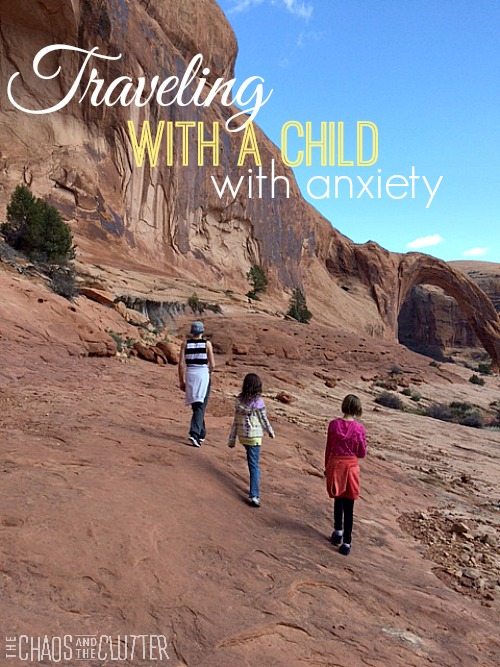
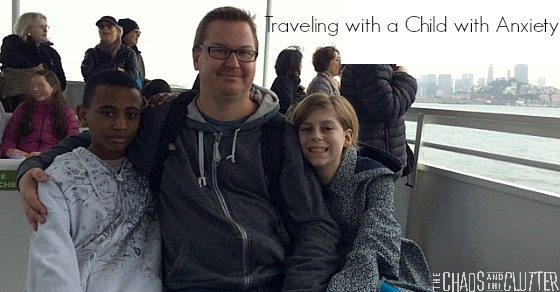 A common question that our youngest daughter had about many of the activities I prepared her for was if we might lose her there in the crowd. I gave her an answer specific to that location. An example is that at Disneyland, the staff always asks how many people there are in your party so that they can get you on the ride at the same time and you don’t get separated. We also chose a meeting place for every location that we visited.
A common question that our youngest daughter had about many of the activities I prepared her for was if we might lose her there in the crowd. I gave her an answer specific to that location. An example is that at Disneyland, the staff always asks how many people there are in your party so that they can get you on the ride at the same time and you don’t get separated. We also chose a meeting place for every location that we visited.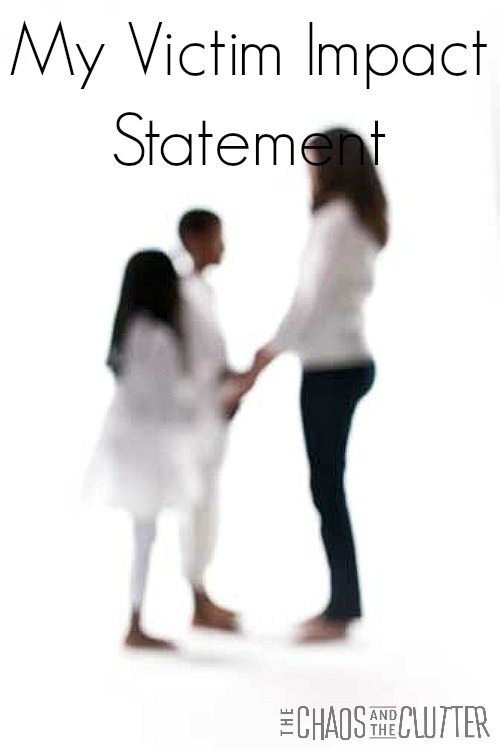
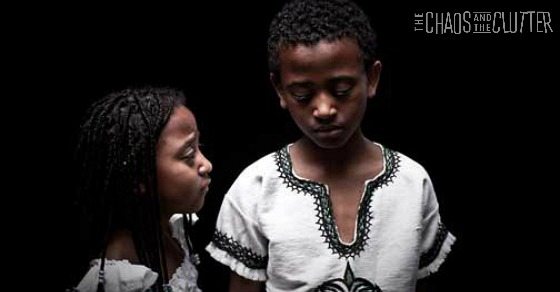
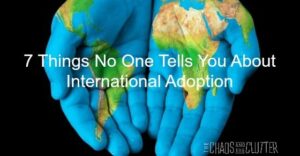
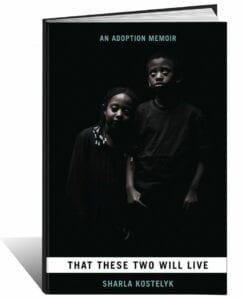
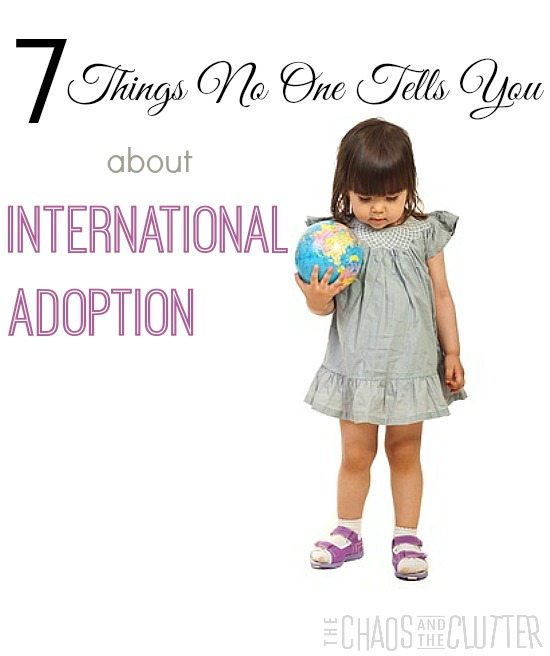 Image Copyright:
Image Copyright: 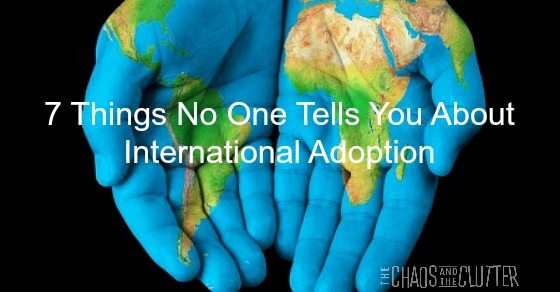 Image Copyright:
Image Copyright: